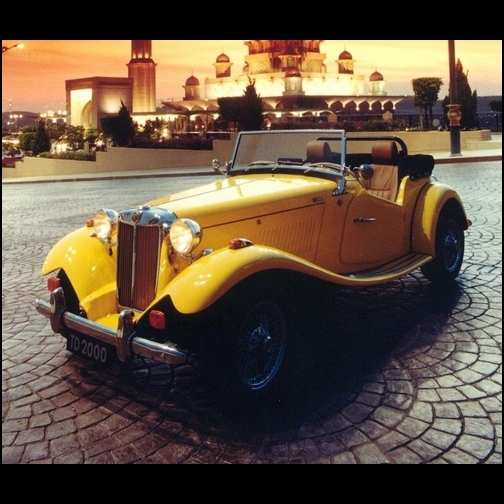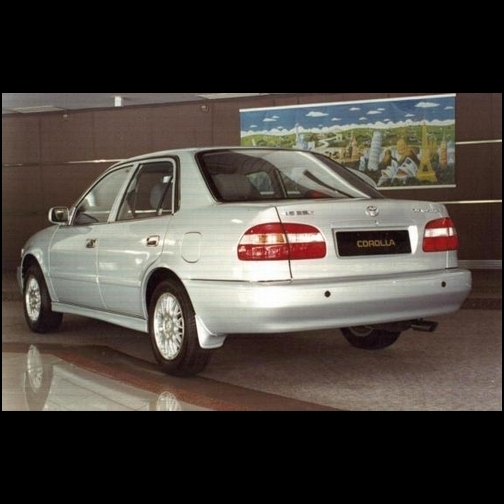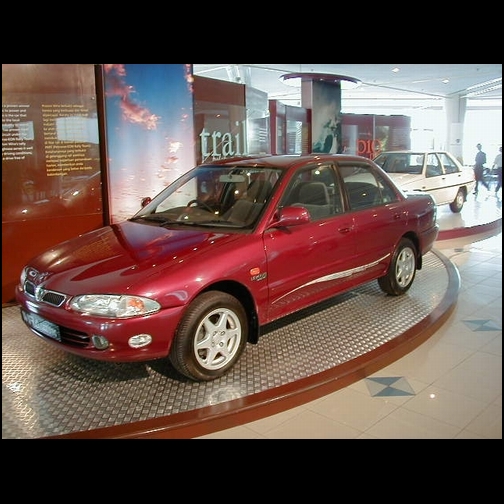Results of 1st JD Powers Initial Quality Study in Malaysia
J.D. Powers has released a third survey of the Malaysian automotive industry, this time an Initial Quality Study (IQS) which is perhaps of greater interest to consumers here than the earlier two which dealt with the experiences of sales and after-sales services. The IQS measures vehicle quality during the first two to six months of ownership and is based on evaluations from approximately 2,000 new-vehicle owners in Malaysia.
The methodology for the study and all J.D. Powers studies conducted in major markets around the world have been refined over three decades and the results are given a lot of attention by all automakers.
The IQS study focuses on 135 problem areas affecting quality across nine categories: ride, handling, and braking; features and controls; seats; heating, ventilation, and cooling (HVAC); sound system; vehicle exterior; vehicle interior; engine; and transmission. All problems are weighted equally and overall model performance is summarized as the number of problems reported per 100 vehicles (PP100).
With this first IQS study, Malaysians now have independent data to support their experiences – positive and negative – relating to the build quality of products of various brands and also some indication of where the quality of Malaysian-made products stands in the global context.
According to the J.D. Powers study, the average number of problems reported by new-vehicle owners was 259 PP100 for the industry overall – almost double that of the average (133) in North America last year. The study also separated national makes and non-national makes with owners of non-national makes reporting 136 PP100 on average, against owners of national makes reporting 282 PP100.
By brand, Toyota had the best IQS score of 110PP100 (in North America, Toyota’s luxury brand Lexus is No. 1 in IQS and its score last year was 76PP100, while Toyota has 121PP100) with Honda second (126PP100) and Ford third (136PP100). Two Korean makes (Hyundai and Kia) were also among the top eight makes.
Perodua squeezed on just slightly better than the industry average of 250PP100 with a score of 247PP100 but Proton, which also fared below industry average in the other two surveys, was below average with a dismal 303PP100.
The absence of luxury makes, typically noted for high quality, is likely to be because the study focused on the high-volume brands. In order to obtain sufficient statistical data, surveys require a certain number of respondents and as the luxury segment in Malaysia remains limited, it is likely that J.D. Powers has excluded those brands at this time.
Going deeper into the study, by model, it was the Toyota Corolla Altis which ranked highest – 84PP100 – in the midsize car segment (the largest segment in Malaysia) and was one of only two models in the study to have fewer than 100 PP100. The Altis outperformed all models in its class in eight of the nine problem categories.
Following the Corolla Altis were the Proton Perdana (147PP100) and Nissan Sentra (148PP100), respectively. The ‘high’ position of the Perdana is perhaps not a surprise as many of its components continue to be imported from Japan (although with the new model, there is greater localization of parts).
In IQS conducted in Thailand last year, the Honda Civic scored 147PP100 while the Corolla Altis had 154PP100, so it would appear that UMW Toyota’s assembly plant can put together cars much better than Toyota’s own plant in Thailand!
Another segment highlighted in the study was the MPV/Van segment and here, the Toyota Unser topped the list with 130 PP100, followed by the Nissan Vanette (201PP100) and the Perodua Rusa (255PP100). The Unser also outperformed all models in its class in eight of the nine problem categories.
In the compact car segment, the Perodua Kenari scored 204 PP100 and performed particularly well relative to the segment in the ride, handling, and braking and engine categories. The Kenari is followed by the Proton Satria and the Perodua Kelisa with 212 PP100 and 214 PP100, respectively.
The study revealed that 22% of all problems reported by national-make vehicle owners were in the ride, handling, and braking category. However, the top two most frequently reported problems were vehicle exterior problems (wind noise problems, and doors, boots or hatchbacks that were difficult to open/close).
For non-national models, four of the top 10 problems were in the engine category, including owner reports that the engine required unscheduled repairs and unusual engine noises being experienced. Engine-related problems account for 18% of all problems reported by owners of non-national makes.
Commenting on the results of the IQS, Gerrit Kuyntjes, general manager of the Singapore office of J.D. Power Asia Pacific, said: “Most of the top problems for both national and non-national manufacturers originate in the initial vehicle engineering stages. This emphasizes the need to employ voice-of-the-customer data early into both the design and engineering stages.”
“And with import duties on vehicles scheduled to be reduced in 2005 in accordance with the ASEAN Free Trade Area (AFTA) agreement, vehicles produced by non-national manufacturers are likely to become more price competitive. As pricing becomes more consistent, vehicle quality will likely become more of a differentiation factor for consumers,” he added.
The IQS findings should serve as a wake-up call for the national carmakers if they intend to remain on consumers’ shopping lists in coming years. No longer can Proton claim that the large number of complaints evident are simply because more Protons are sold than other makes and that ‘statistically’, the number of problems is no worse than other locally-assembled makes. If such findings are treated indifferently and nothing is done to improve quality, Malaysians will find it hard to continue buying national cars for fear of having an unpleasant ownership experience right from the time they take the car home from the showroom.




























